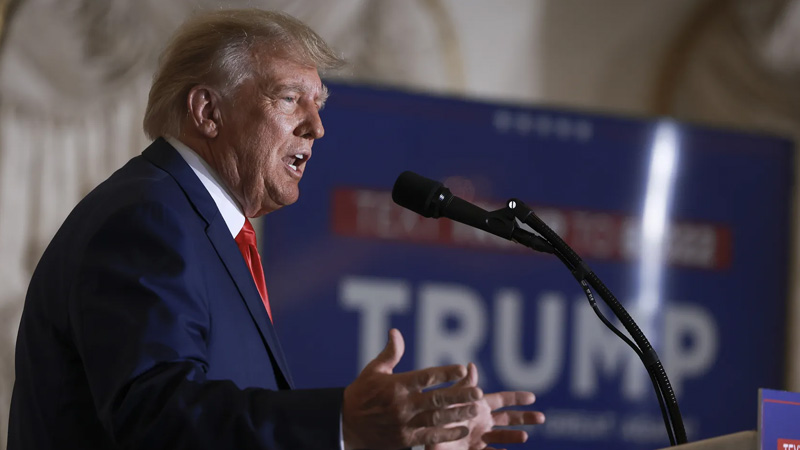Donald Trump’s trial, centered on charges of retaining classified documents at his Mar-a-Lago club and obstructing justice, is facing a significant delay. The federal judge in Florida, Aileen Cannon, has postponed setting a crucial filing deadline until at least next March, putting the trial about four months behind its initial schedule. This delay is largely due to the complexities involved in handling classified information under the Classified Information Procedures Act (Cipa).
Based on information from The Guardian report on November 17, 2023, Trump, indicted for violating the Espionage Act and obstructing the retrieval of classified documents, must navigate the sequential seven-stage Cipa process, where each stage must be completed before moving to the next. This procedural requirement is a primary cause of the overall delay in the trial schedule.
The judge’s recent decisions, including delaying the start of the trial due to concerns about Trump’s overlapping criminal cases in New York and Washington, have further complicated the timeline. Moreover, the revised pre-trial schedule issued by Cannon has pushed back several key Cipa dates, including the section 4 hearing, which is now set for February instead of October.
The most critical ruling came when Cannon rejected the special counsel’s request to set a deadline for Trump to submit his Cipa section 5 notice. This decision suggests that Trump may not have to file this notice, detailing the classified information he intends to use in his defense, until potentially next April, adding roughly four months to the pre-trial process.
This extended timeline may work in Trump’s favor, aligning with his legal strategy of seeking delays, possibly beyond the 2024 election. The intricacies of the Cipa process, particularly the final sections dealing with the admissibility of redacted classified documents, are expected to be time-consuming. The defense and prosecution may engage in lengthy debates over the vagueness of Trump’s notice and the admissibility of classified information, further prolonging the trial.
Judge Cannon’s discretion in these matters, including decisions on the use of classified information and potential redactions, could lead to additional appeals and decisions, potentially impacting the overall course of the trial. This new timeline leaves the completion of the Cipa process uncertain, as it involves intricate legal and procedural challenges.


